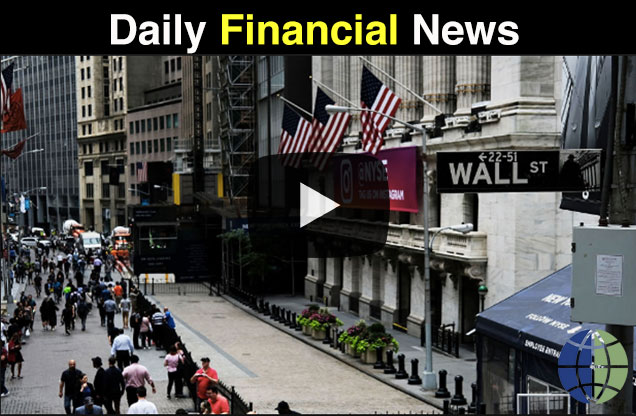Not only is the forex market the largest financial market worldwide, but it also includes a high number of participants.
One of the primary benefits of having more active participants in a market is that it usually contributes to greater liquidity in that market.
Advantages of Liquidity
The basic idea behind liquidity involves how quickly you can convert an asset into cash. Of course, with currency trading, you can turn your spot trade into cash within just a couple of business days.
When a market is highly liquid, that implies that it operates in a very efficient manner. Usually dealing spreads would also be quite competitive, with relatively low transaction costs.
Read our previous article: Winning Forex Trade with Major Currencies
Another advantage of high liquidity is the ability of a market to handle large transactions without the price moving too far as a result. Liquidity also generally means that orders will tend to be executed well, with minimal slippage on stop losses.
When it comes to liquidity, the huge forex market easily comes out on top when compared to other financial markets like those for stocks, bonds, and commodities. It also offers 24-hour trading during the business week.
Forex Participants That Help Provide Liquidity
The main participants in the forex market that assist in providing liquidity generally fall into one of the following basic types:
-
Major Commercial and Investment Banks
These are the big professional players in the forex market. By acting as both speculative traders and as market makers to clients and one another, their activities provide substantial liquidity to the forex market.
-
Governments and Central Banks
These institutions can have a major impact on the forex market as they intervene to manage the exchange rate of their nation’s currency or shift currency reserves. At especially volatile times, central banks will often provide liquidity to help stabilize the forex market.
-
Large Corporations
Many companies engage in business in other countries and this often requires that they participate in the forex market. Their hedging activities of foreign currency exposures often help provide considerable liquidity in the forex market, and they generally participate by acting as a large bank’s customer.
-
Hedge Funds
These players largely act as speculative trades in the forex market to enhance their funds’ profits. Their large transactions can significantly increase trading volume and hence liquidity in the forex market.
-
Investment Funds
When the managers of these funds invest internationally or shift investments from one nation’s market to another’s, they need to use the forex market to convert currencies. Usually acting as customers of large banks, their often large forex transactions, and orders, as they enter, exit and protect their foreign investments, can add significant market liquidity.
-
Individual Traders
Such participants can range from wealthy individuals, who can often trade forex using credit lines that banks extend to them, to retail traders who participate on margin via online forex brokers. This group of participants provides an increasing amount of liquidity in the forex market.
-
Interbank and Retail Forex Brokers
These firms act as intermediaries in forex transactions. Interbank brokers will generally only handle sizeable transactions between large banking counterparties, while retail forex brokers tend to provide access to the forex market for much smaller individual accounts. This access has made the forex market available to a much larger segment of the population and has significantly increased both the breadth and liquidity of the forex market.


